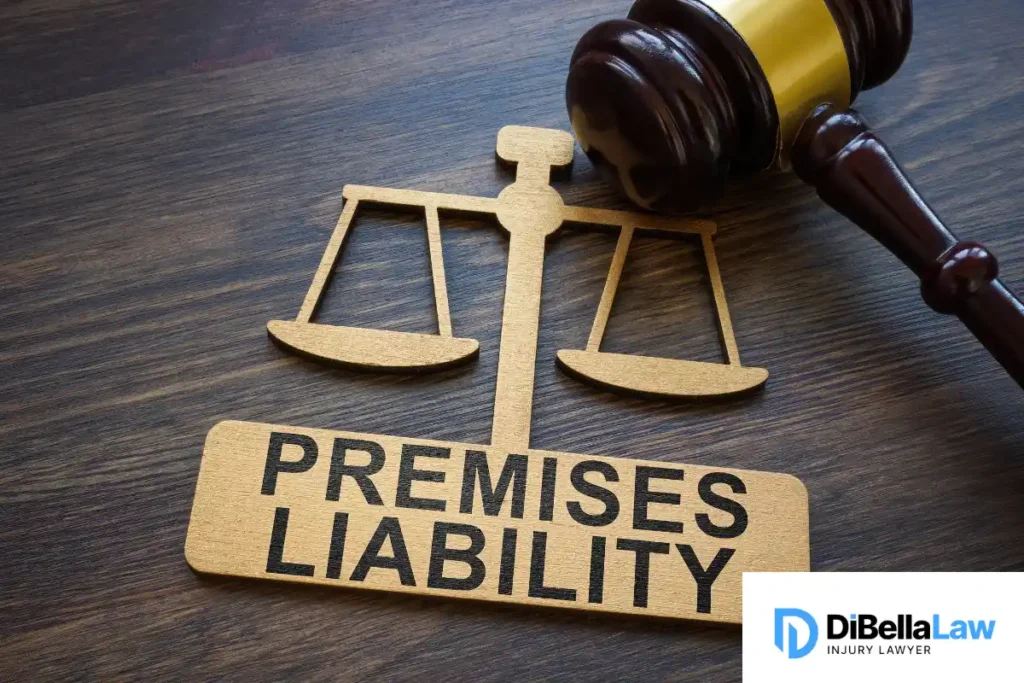Injuries caused by negligent property owners can often lead to a premise’s liability claim, which allows the victim to recover compensation for the damages they have suffered. A viable case requires proving that the property owner knew about a safety hazard, failed to fix it, and that hazard caused injury to the victim. This may involve a large amount of evidence, demonstrations of damages through costly medical bills, and a series of complex negotiations between lawyers. However, some cases must also contend with the ferae naturae doctrine, which can complicate matters further.
What is the Ferae Naturae Doctrine?
The ferae naturae doctrine is a legal defense utilized by property owners to argue that they are not liable for injuries caused by “animals of a wild nature or disposition.” While this may conjure up images of bear or wolf attacks in national parks, property owners use it in a wide variety of cases, including those involving dogs, deadly insects, contaminated food and water, and infections. Essentially, this defense can apply to any animal that is not domesticated, with animal referring to any non-human life form, including bacteria and viruses.
Cases Impacted by This Doctrine
When a property owner and their defense employ the ferae naturae doctrine, they are essentially arguing that they could not control the animal that caused the injury and, thus, could not be held liable for any injuries it caused. This is commonly used in cases involving deadly insects or insects that carry diseases, such as mosquitos, but has also been extended to recent discussions about COVID-19.
Many individuals have questioned whether or not they can file a claim for damages if they contract COVID-19 in a premises liability claim. The arguments being made on the side of victims state that the property owner should have known about the risk of transmission due to unclean surfaces or contaminated material. However, because it is hard to determine how a victim contracted the virus, if the property owner knew about it, and how the property owner could control the virus, the ferae naturae doctrine would likely apply unless there was a high risk of infection at a particular property, such as a nursing home.
The ferae naturae doctrine might be utilized in a swimming pool injury case, however, it would not hold much water. Victims can file claims against a swimming pool owner if they contracted a water-borne illness on their property. Because the swimming pool owner should have taken every precaution to clean their pool and keep it free of diseases, then the ferae naturae doctrine would not apply.
Beyond diseases, the ferae naturae doctrine can also be applied to dog attacks, but only if the dog is not domesticated. Wild dogs, while uncommon, can cause serious injuries to guests at parks and residents of an apartment building. Pursuing a claim for damages can prove difficult as the victims would not have a dog owner to file against, but in some cases, they may file against the property owner. To have a successful claim, a victim must demonstrate that:
- The property owner knew or had reasonable suspicion that a wild dog was on the property
- The property owner failed to contact animal control to remove the dog or warn guests about the danger
- The dog caused injury due to the lack of response from the property owner
Applying the farae naturae doctrine in this instance may prove difficult if the victim can prove that the property owner knew about the dog and did nothing to stop an attack. However, it could apply if the attack was the first time the property owner learned about the dog. The doctrine would allow them to argue that the owner had no ability to control the animal because they were not aware of it.
Combatting the Farae Naturae Doctrine
No premises liability case is simple and contending with the farea naturae doctrine can make a case even more complicated. However, it is not an absolute defense, and a skilled attorney can build a strong case for compensation in spite of it. Property owners who allow their guests or tenants to become injured should be held accountable for their careless actions, whether it is in a negligent security case or a dog attack.
If you were injured due to a negligent property owner, then reach out to the Boston premises liability attorney at DiBella Law Injury and Accident Lawyers We have extensive experience advocating for victims injured in a variety of premises liability cases and can thoroughly review your situation to determine if you have a viable case. If we take you on as a client, we can investigate every avenue of liability, collect evidence, contact witnesses, and negotiate for fair and proper compensation from the at-fault party. To learn how we can help you, contact us at (781) 386-1232 to schedule a free consultation.
